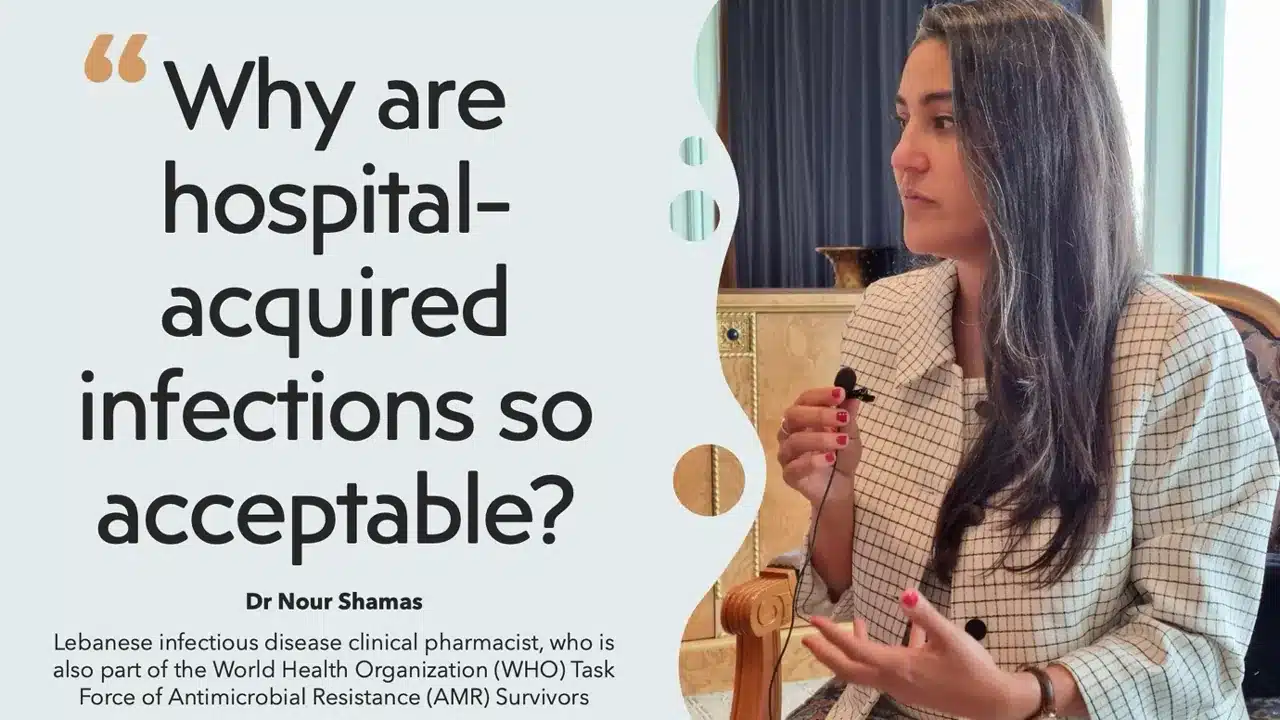Health
what happens to your body when you have covid-19
what happens to your body when you have covid-19
This article was originally published on March 25, 2020. It was updated on December 22, 2020 to reflect new information about this rapidly evolving situation.
As the number of cases increases day by day, you may ask yourself exactly what happens if you are infected with coronavirus (COVID-19). Or you may be wondering what would happen to you if you thought you might have it.
Naturally, people are curious when something unknown happens. Do you need to be hospitalized? Do you need a ventilator? Or does it feel like your common flu?
“First of all, COVID-19 is a respiratory virus that attacks your respiratory system,” said Neha Vyas, MD, a family medicine specialist. “So protecting that system – especially your lungs – is not only your body’s top priority, it’s also your doctor’s top priority.”
According to one report, 80% of people with COVID-19 get a mild reaction – and most of these cases last only two weeks. In the same report more than 13% of people with the virus have a severe reaction, which can last for several weeks or even months.
When you are infected with coronavirus, your body has two options:
You usually have to be alone at home for 10 days, which does not require special treatment. Perhaps you feel very nauseous, think: dry cough, fever, fatigue, sore throat, diarrhea or new loss of taste and smell. Most people respond to the virus with this type of response, but it is important that you stay at home and away from other people during this time. (It is also important to note: sometimes a person does not show any symptoms, but still has the virus. This is another reason why social distance is needed to slow the spread of COVID-19.)
You may have a severe reaction, which includes shortness of breath, chest tightness, cough with thick mucus, loss of appetite, chills, sweating, loss of taste and smell. A severe reaction to COVID-19 can put you in intensive care and lead to pneumonia, respiratory failure, sepsis and the deadliest death of all. According to the World Health Organization, 1 in 5 people will have a severe reaction. This type of reaction is more likely to occur in the elderly and in chronic or underlying conditions (such as diabetes or lung or heart disease).
How is coronavirus treated at home?
Dr. Vyas says, “Most people with COVID-19 – 80% – can be cured at home.” “Mild to moderate cases of the virus can be managed by over-the-counter medications, drinking plenty of fluids and resting.”
Pain relief for coronavirus
What medications do you need? Painkillers such as acetaminophen (Tylenole) or ibuprofen (Advile, Motrin) can provide relief from minor aches and pains. Cough suppressants or expectorants may also be recommended, but it is best to seek specific advice from your health care provider.
What if you were hospitalized for COVID-19?
If you feel that you are suffering from COVID-19 or that you have it, seek medical help immediately if your illness worsens or you have difficulty breathing. It is also recommended that you call your healthcare provider and wear a face mask before going to any medical facility. If you need to call 911, tell Dispatch that you have COVID-19 or believe you can. If possible, wear a face mask before the emergency team arrives.
Once in the hospital, here is what you can expect:
You will be admitted and monitored for exacerbating conditions, especially when it comes to your breathing and s lungs.
You can give him oxygen so he can breathe better.
You may be given epinephrine injection, albuterol inhalation or similar medications. These drugs help to relax the muscles in the airways and increase air flow to the air lungs.
Medical personnel will keep looking for you for signs of secondary infection because COVID-19 compromises the immune system and causes hyperinflammation throughout the body.
If damage to your lungs persists, you may develop acute respiratory distress syndrome (ARDS), which can lead to respiratory failure. During this time you will need a medical ventilator to breathe.
If the virus is still running wild throughout your body, it can cause you to get sepsis. Sepsis is a serious medical condition caused by the body’s response to an infection that can be treated with prompt diagnosis and prompt treatment. This may include antibiotics, IV and other appropriate supportive care.
The FDA has also granted emergency use authority for the experimental antiviral drug Remedicivir to patients hospitalized with COVID-19. You are likely to receive this medicine along with the rest of your care.
Many times if you are hospitalized for COVID-19, you will have several weeks until you recover and be discharged home.
“Covid-19 can range from mild to very severe, but it is important for people to understand that not all cases require immediate medical attention,” Dr. Vyas said. “Most people are able to monitor their symptoms and manage it through OTC medications at home. Although anyone can get COVID-19, those at high risk and those who need to be hospitalized for medical help are the elderly and those with other chronic conditions. “




